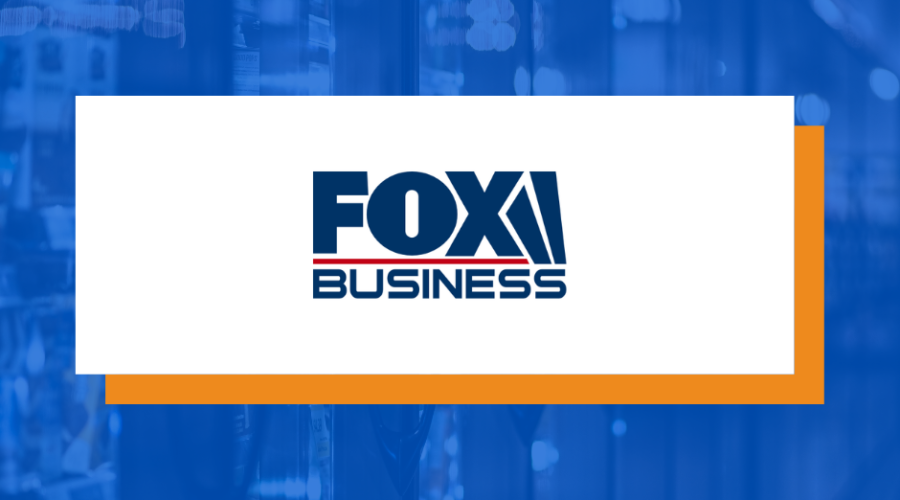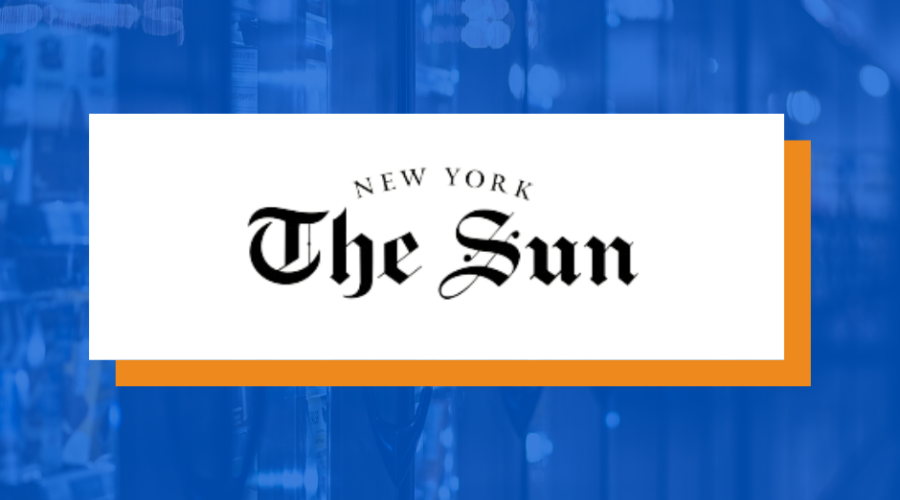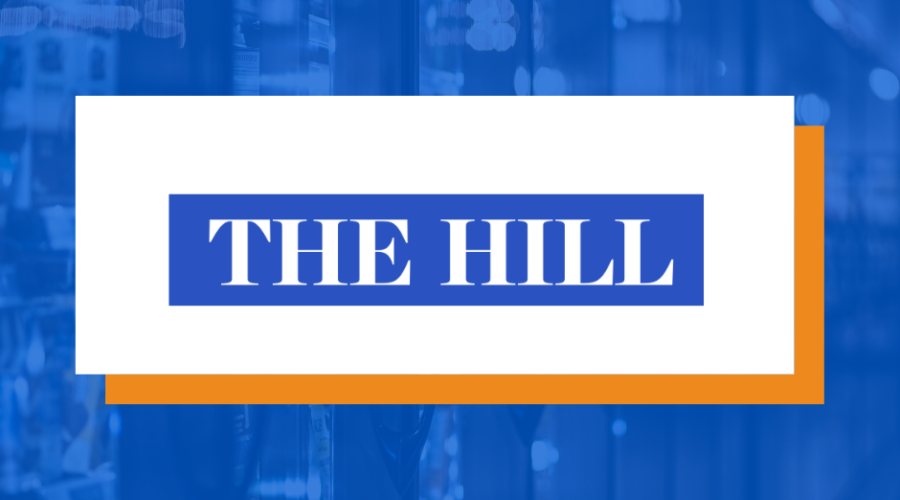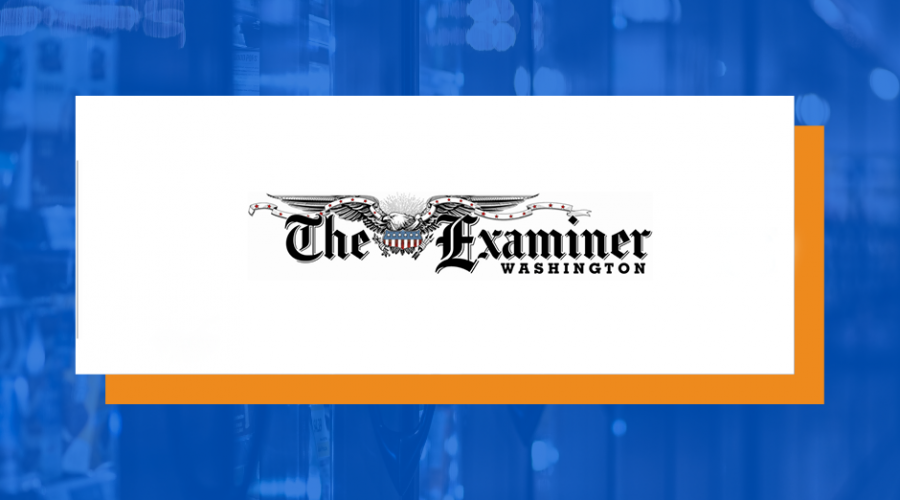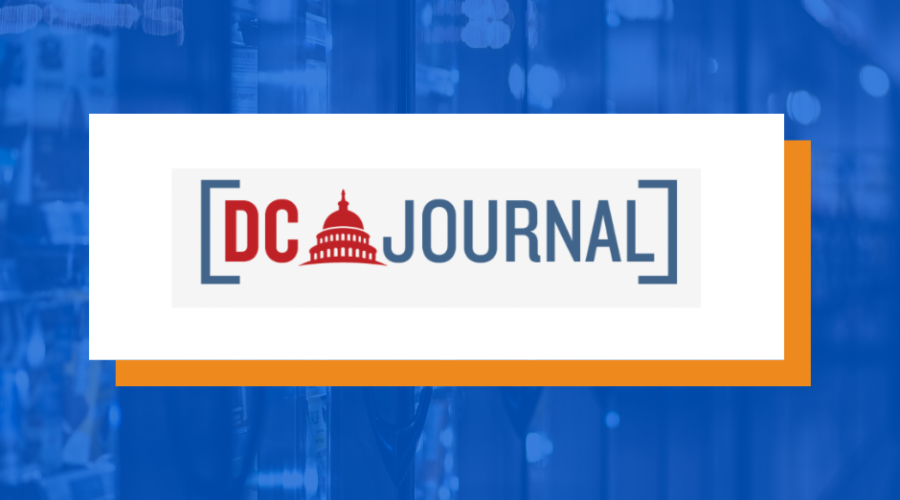The 1983 Video Game Crash and a History Lesson for Lina KhanCoke won’t give you cancer
The youngest chair in FTC history should familiarize herself with how the video game industry has survived and thrived since its inception instead of blocking mergers that would benefit consumers.
The video game industry is getting a lot of attention lately thanks to both exciting tech advancements and unprecedented interference by the Federal Trade Commission (FTC). The sector has witnessed substantial growth in recent years, which is why antitrust concerns are being raised by Federal Trade Commission (FTC) Chair, Lina Khan. It can often feel like ancient history, but video gaming’s future hasn’t always been so bright in the U.S. In fact, it was almost “game over” for the business at the start of the 1980s.
The 1983 Video Game Crash, as it is known today by industry insiders, left the market for video games with no clear path to recovery. A primary culprit for the industry’s downfall was third party publishers, who were flooding the market with subpar products. Up until this time, Activision was a primary provider of video games, and with interest in gaming growing fast, other opportunistic firms sought to get in on the action by offering lower-priced, lower-quality games to consumers.
Parents would scoop up a handful of these off-brand games for the price of one Activision video game, assuming that their kids would be thrilled. They quickly learn this was not the case.
User reviews didn’t exist at this time and since parents weren’t consulting other children for feedback on the games being sold, it was hard to be clued in on what was worth buying.
Trust in the gaming market dropped, and increasingly risk-averse consumers were hesitant to buy the top-shelf games for fear of being duped again.
It wasn’t until Nintendo released the Nintendo Entertainment System in 1985 that interest in gaming rebounded. Super Mario Bros, along with other addictive games like Tetris, Atari’s Gauntlet, and Sega’s OutRun, restored interest and faith in gaming products. Since then, the industry has grown at an impressive rate.
Access and options for gamers have dramatically improved thanks to techinnovations in mobile gaming, as well as the surge of engagement duringthe COVID-19 lockdowns. Consumers were particularly eager for novel in-home entertainment, and multiplayer as well as online-based gaming allowed them to connect and create affinity networks like never before. And though the pandemic was a nightmare for millions of Americans, gaming has been credited as “a positive force in the field of mental health.”
Today gaming is big business, on track to be worth $321 billion by 2026, which is why Lina Khan and the FTC have their sights set on the sector. Since her appointment as FTC Chair by President Joe Biden, Khan has made clear her negative view of corporate growth, which is unfortunate, given that US gaming firms have yet to catch up with the likes of Japan’s Sony Interactive Entertainment Studios.
The Japanese juggernaut’s long march toward market dominancesolidified in 2020 when Sony released the Playstation 5 (PS5), which quicklybecame the global favorite for next-generation gaming consoles.
In response, Microsoft’s US-based Xbox Games Studios went on defense,announcing its plan to purchase Activision-Blizzard in January 2022. The merger brought Guitar Hero, World of Warcraft, Call of Duty, Diablo, and Candy Crush Saga all under one roof. Microsoft’s interest, therefore, is unsurprising, but this mutually beneficial business transaction between Microsoft and Activision-Blizzard was enough to draw the attention and legal might of Lina Khan’s FTC.
Instead of allowing Microsoft to improve its competitive stance against Sony, the FTC sought to block the merger. The legal battle turned out to be a huge waste of time and resources at taxpayers expense. What is particularly puzzling is the fact that other jurisdictions around the world were already greenlighting the deal, and yet our own government opposed an American firm’s advancement against a foreign entity with 70 percent market share.
Fortunately for Microsoft, Khan’s claims against the merger carried little weight in court. Unfortunately for Khan, her failed filing has led many to call into question her understanding of business and antitrust law. For instance, the FTC asserted that the merger could result in Microsoft restricting Activision-Blizzard games only to Xbox consoles, an unconvincing claim given Microsoft’s standing commitment to maintain the distribution status quo with Sony.
The hypocrisy was clear to gamers watching the case play out in court, who are most all aware that Sony’s popular title, The Last of Us, is only available on PlayStation consoles. And who is to say there is anything wrong with exclusivity in the first place?
The role of the FTC is to ensure consumer welfare in the marketplace, and right now it seems Khan is willfully overstepping her authority. It’s unclear who exactly she thinks the FTC is protecting in slowing down Microsoft. The FTC’s interference is delaying opportunities for gamers and developers at a time when creativity for gaming content is really taking off. Although the 2020 lockdowns surged interest in gaming users, the ability for developers to collaborate and curate new games has been hampered by remote work and other hardships brought on by the pandemic.
If we have learned any lessons from the Video Game Crash of 1983, it should be that improvements in gaming access and quality should be encouraged, not derailed. Today’s gamers have high expectations for new and innovative experiences, and FTC interference only gets in the way of content development and distribution.
Though the great gaming crash occurred just before Lina Khan was born, the FTC’s youngest chair in its history should familiarize herself with how this industry has survived and thrived since its inception. Gamers call the shots, and like other consumers, they’re the most powerful source of accountability for an industry supported by their hard-earned dollars.
The FTC stepped far outside its lane at the expense of taxpayers, and one can only hope that a lesson was learned.
Originally published here

